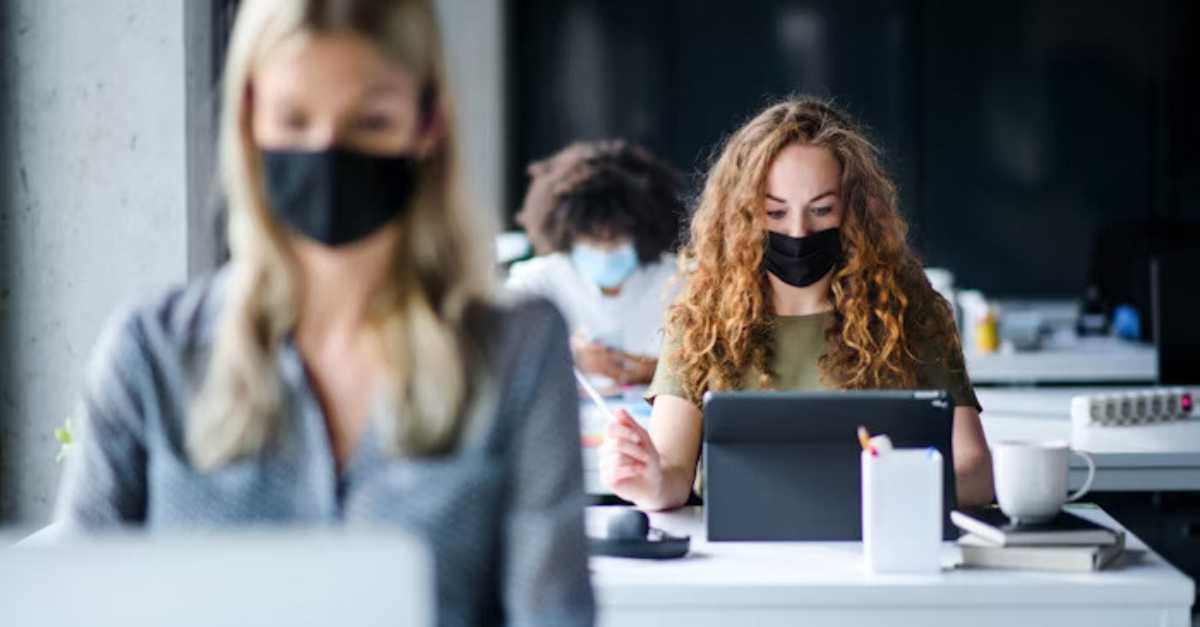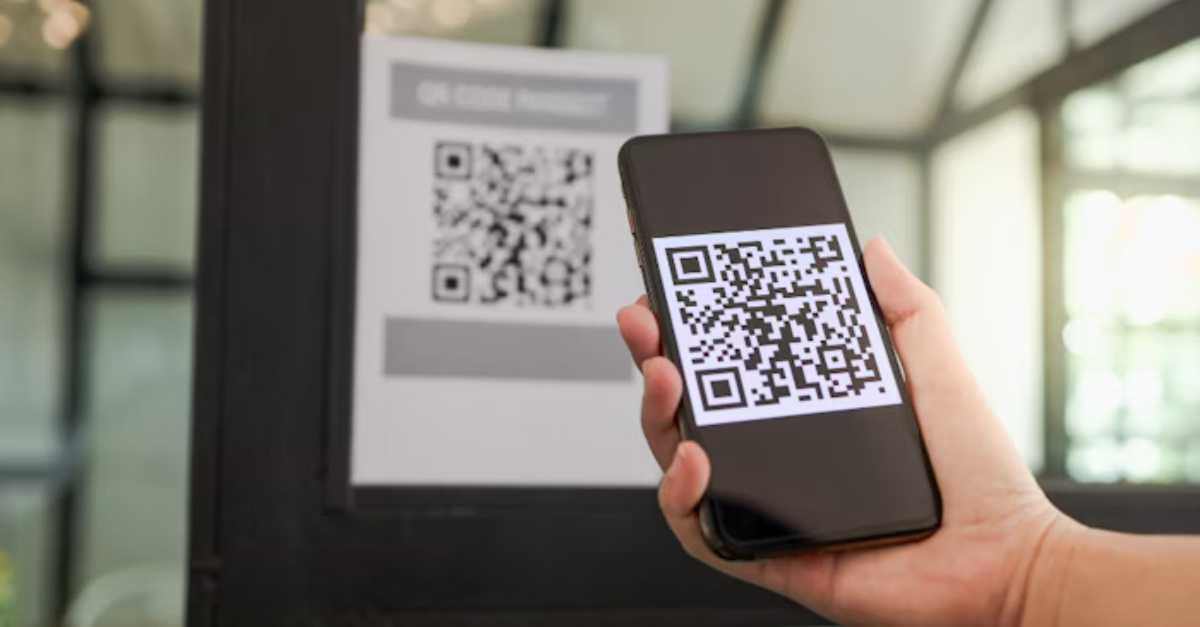
Four Considerations for Supporting the "Great Return" to the Office
If the pandemic caused your office to switch to a hybrid model, you're not alone. Now's the time to rethink what the ideal workplace experience looks ...
Solutions
Workplace Management Solutions
Real Estate Management Solutions
Maintenance Management Solutions
Energy Management Solutions
Engineering Document Management Solutions
Asset Management Solutions
Automate campus scheduling for classes, meetings, and exams with our EMS software.
Plan and manage conferences effortlessly with EMS software to impress guests and streamline operations.
Boost workplace flexibility and maximize space use with seamless desk and room booking.
Organize workplace or campus events smoothly, creating memorable experiences.
Optimize workspace, manage allocations efficiently, and reduce costs with our space management solutions.
Deliver projects on time and within budget by improving communication, collaboration, and efficiency with our software.
Streamline lease accounting for ASC 842, IFRS, and GASB compliance.
Manage leases efficiently by tracking key dates, analyzing costs, and ensuring compliance.
Centralize data and analytics for better insights, faster negotiations, and revenue growth.
Centralize facility and asset maintenance, automate work orders, and ensure compliance with our CMMS software.
Extend asset life, reduce downtime, and prevent costly repairs with data-driven monitoring.
Prevent equipment failures and extend asset life by detecting and addressing issues early.
Make sustainable, cost-efficient energy decisions by monitoring and optimizing power consumption.
Remotely monitor and control equipment with real-time data to predict issues, boost efficiency, and reduce downtime.
Easily share and collaborate on documents, creating a single source of truth for engineers and contractors.
Manage and analyze assets across their lifecycle to schedule maintenance, reduce downtime, and extend lifespan.
Improve visibility, automate work orders, and ensure compliance for efficient facility and asset management.
Resources
Browse our full library of resources all in one place, including webinars, whitepapers, podcast episodes, and more.
Support
Looking for access to technical support, best practices, helpful videos, or training tools? You’ve come to the right place.
About Accruent
Get the latest information on Accruent, our solutions, events, and the company at large.

Discover the pandemic's impact on work order processes and how to use QR codes for an easier, touch-free way to get access to spaces.
QR codes have become more relevant now than ever before. The COVID-19 pandemic caused a massive shift in touchless experiences, and though QR codes have been around since 1994, they only became ubiquitous in 2017 when the Apple iPhone updates allowed users to scan them using the native camera app. Even then, QR codes never really saw the same popularity in the U.S. as they did in other parts of the world. However, a return to in-person gatherings in the wake of the pandemic have increased the demand for touchless scanning and information gathering—47% of US and UK consumers have said they've seen a rise in QR code usage since the start of the pandemic. Paypal and Venmo have rolled out touchless payment options via QR codes for businesses, and pharmaceutical companies have even begun developing COVID-19 testing apps that use QR codes to display users' health status.
So, QR codes are back in the game.
What does this mean for the return to the office and campuses?
To support a safe, touchless experience at the office and on campus for students and staff, QR codes are essential. QR codes allow users to book rooms, schedule resources, and input work orders for spaces. Using FAMIS 360, QR codes can be programmed to allow for seamless, touchless work order management.
Sanitization is now critical for shared spaces, whether it's meeting rooms, shared desks, study spaces, classrooms or event spaces. As we see people return to their offices and classrooms, we see an increased demand for clean spaces that have been fully sanitized between uses to ease the fears of the pandemic. Work order processes for clean spaces are a huge focus for office, facilities, and campus space managers as employees and students return to some sense of normalcy.
In addition to cleaning procedures, COVID-19 has also impacted the need for touchless experiences. We've seen the rise of QR codes as menus for restaurants that have opened back up since the pandemic, and now we're seeing the use of QR codes for booking spaces on the fly in offices and on campuses. Employees and students want an easier, touch-free way to get access to the spaces they need for working and studying.
With all these needs and processes comes the need to measure and analyze how your spaces are being used. It's important for facilities managers to be able to get a holistic view of their spaces and measure:
And many other important work order KPIs.
Using the FAMIS 360 app, and the Accruent Assistant within the EMS Direct Space app, users and managers can request services, book spaces and manage work orders via generated QR codes.
The Accruent Assistant functionality in the new Direct Spaces app for EMS and FAMIS 360 allows for users to submit work orders via QR codes on-the-go. On the front end, users can scan a QR code that is posted in a meeting room or study space when they're finished using the space, in order to submit a work order to have the room fully cleaned. When employees or students are finished with a room, it's just a couple clicks to scan a QR code and get confirmation of a submitted work order request for the space.
Additionally, these QR codes can be posted in shared areas like bathrooms and kitchen spaces with signage that says to scan the code to submit a work order if the space is out of order, has a maintenance issue, or needs cleaning. Users can quickly scan the posted QR code to report plumbing issues, sanitization concerns, and other work orders programmed into the QR code.
In the new Direct Spaces app, the Accruent Assistant integration allows for Direct Spaces users to toggle between booking rooms through EMS, our room and resource scheduling solution, and submitting work orders via QR codes for rooms through FAMIS 360. After someone is done using a room for work or study, they can scan a code posted in the room, which automatically sends a work order in for the room to be cleaned, sanitized, and prepared for the next user.

As students head back to campus and employees move back into the office, safe and touchless experiences will be critical to keeping everyone happy and creating effective work and study experiences. The FAMIS 360 QR code integrations provide the most effective touchless work order creation and management for your office or campus.
Explore the Direct Spaces app with FAMIS 360 integrations in our latest on-demand webinar, FAMIS 360 Q2 Status Update.
If the pandemic caused your office to switch to a hybrid model, you're not alone. Now's the time to rethink what the ideal workplace experience looks ...
Explore the challenges of facilitating a safe return to the workplace and effectively manage both common and uncommon spaces.
Are your employees concerned about returning to the office? Explore how room scheduling software helps you safely manage return to work and ease ...
Subscribe to stay up to date with our latest news, resources and best practices